Optimization of Electron Emission Uniformity of Barium Tungsten Electrode
- Details
- Category: Tungsten Information
- Published on Friday, 06 June 2025 18:52
- Written by Zhenghua
- Hits: 219
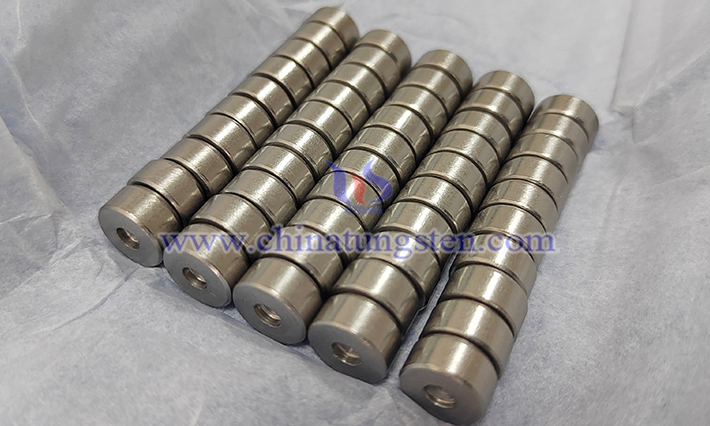
Barium tungsten electrode is a hot cathode material widely used in vacuum electronic devices, known for its high electron emission ability and stability. The uniformity of electron emission is crucial to improving device performance, optimizing current distribution and extending service life.
Read more: Optimization of Electron Emission Uniformity of Barium Tungsten Electrode
Relationship Between the Micromorphology and Performance of Barium Tungsten Electrode
- Details
- Category: Tungsten Information
- Published on Friday, 06 June 2025 18:50
- Written by Zhenghua
- Hits: 208
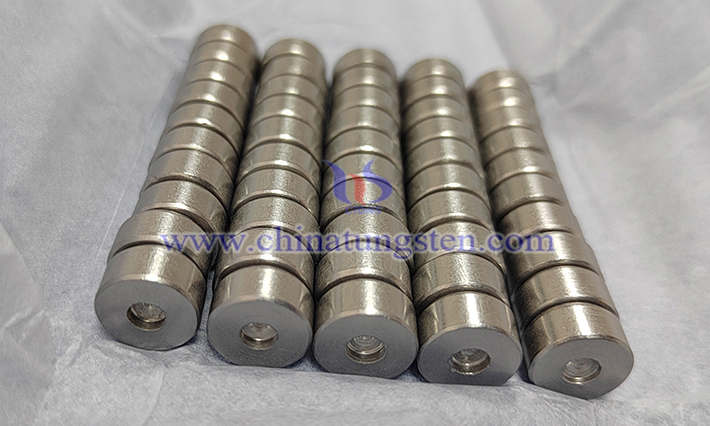
There is a close relationship between the micromorphology of barium tungsten electrode and its performance. The micromorphology mainly includes characteristics such as grain size, porosity, surface roughness, etc. These characteristics directly affect the working performance of the electrode under high temperature and high current density environment.
Read more: Relationship Between the Micromorphology and Performance of Barium Tungsten Electrode
High Temperature Oxidation Resistance Mechanism of Barium Tungsten Electrode
- Details
- Category: Tungsten Information
- Published on Friday, 06 June 2025 18:46
- Written by Zhenghua
- Hits: 203
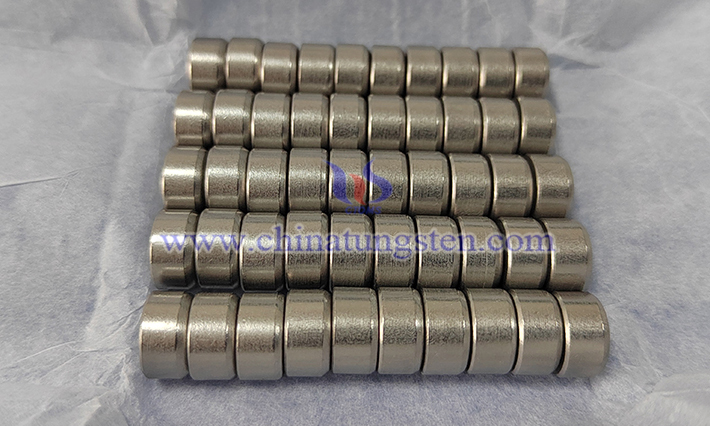
Barium tungsten electrode (W-Ba electrode) is often used in discharge lamps, vacuum tubes and other devices in high temperature environment due to its excellent high temperature oxidation resistance. Its high temperature oxidation resistance mechanism is mainly closely related to the chemical properties of barium and its role in the tungsten matrix.
Read more: High Temperature Oxidation Resistance Mechanism of Barium Tungsten Electrode
Application of Barium Tungsten Electrode in Photomultiplier Tube
- Details
- Category: Tungsten Information
- Published on Friday, 06 June 2025 18:49
- Written by Zhenghua
- Hits: 208
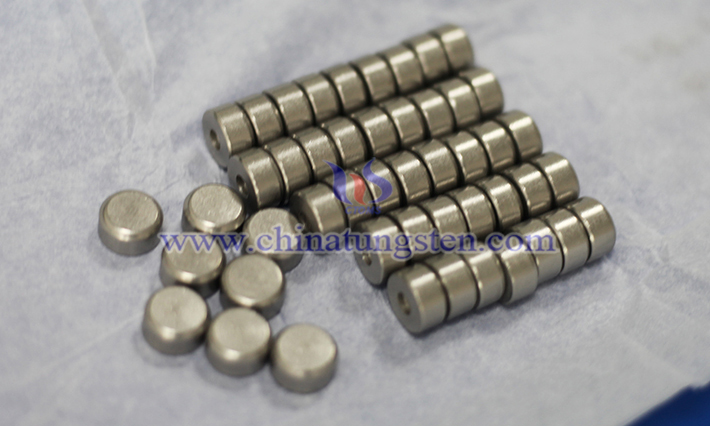
Barium tungsten electrode plays an important role as cathode material in photomultiplier tube. Photomultiplier tube is a highly sensitive photodetector, which is widely used in particle physics, nuclear physics, astrophysics and other fields to detect weak light signals. Its working principle is to use the photoelectric effect to convert light signal into electronic signal, and then amplify the electronic signal through the electron multiplication mechanism, and finally output the electrical signal.
Read more: Application of Barium Tungsten Electrode in Photomultiplier Tube
Effect of Heat Treatment on Barium Tungsten Electrode Performance
- Details
- Category: Tungsten Information
- Published on Friday, 06 June 2025 18:36
- Written by Zhenghua
- Hits: 218
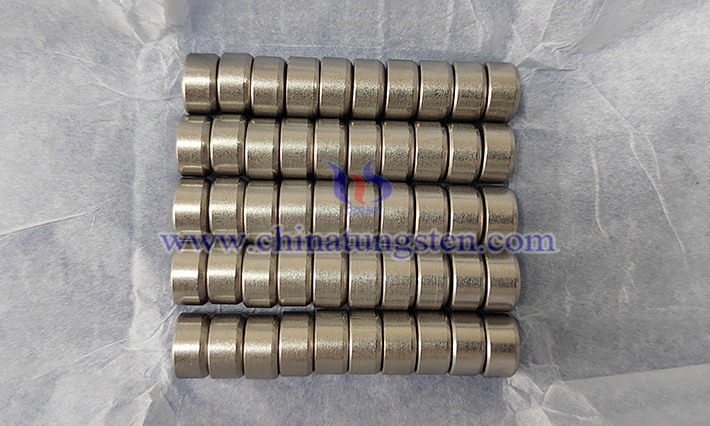
The optimization of the performance of barium tungsten electrode by heat treatment is a complex process, involving a comprehensive balance of microstructure, emission performance, mechanical properties and chemical stability. By precisely controlling heat treatment parameters (such as temperature, time, atmosphere and cooling rate), the electron emission efficiency, mechanical strength and service life of barium tungsten electrode can be significantly improved. The specific process needs to be customized according to the application scenario of the electrode (such as high temperature environment or high current density).
Read more: Effect of Heat Treatment on Barium Tungsten Electrode Performance





 sales@chinatungsten.com
sales@chinatungsten.com